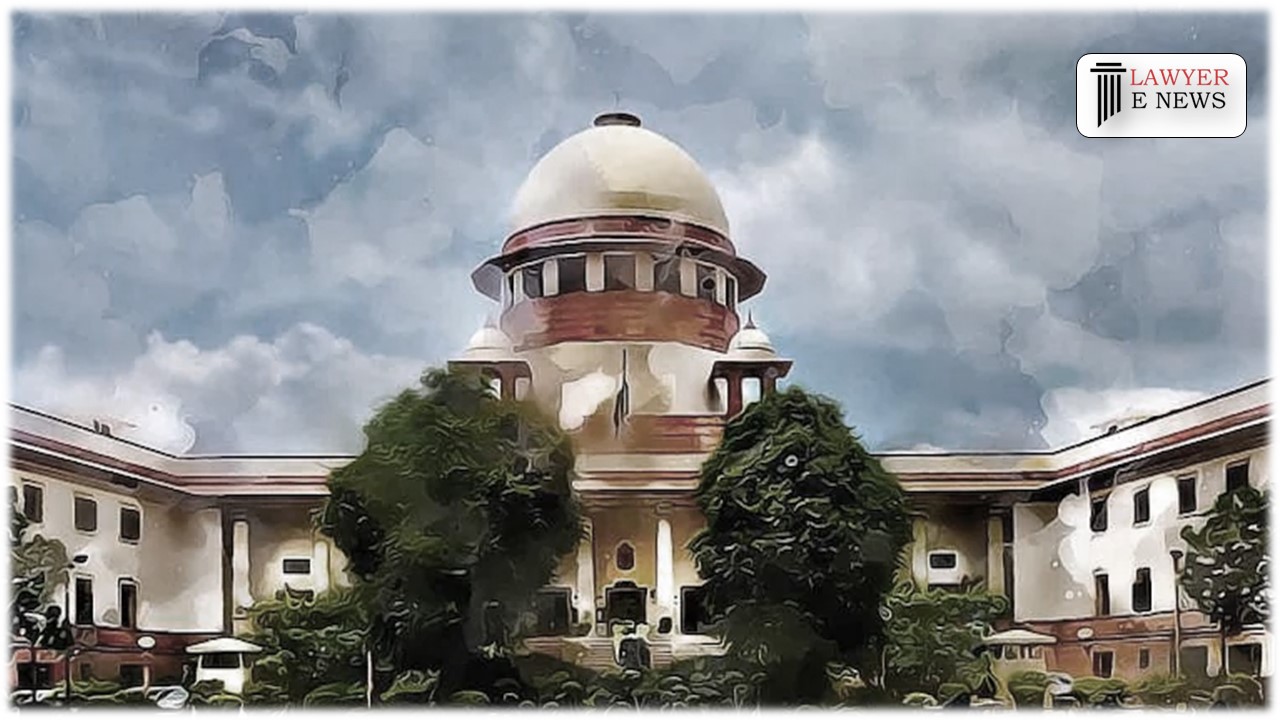-
by Admin
15 February 2026 2:36 AM



On 29 March 2023, In a significant ruling in Prem Kishore & Ors. Vs Brahm Prakash & Ors., the Supreme Court of India has revived an eviction petition, setting aside a previous High Court decision that deemed the second eviction petition to be barred by the principle of res judicata.
The appellants, Prem Kishore and others, filed a second eviction petition in 2001 after their father, the original plaintiff, failed to establish a landlord-tenant relationship in the first eviction petition filed in 1996. The respondents argued that the second eviction petition was barred by res judicata, as the landlord-tenant relationship issue had already been adjudicated in the first petition.
The Additional Rent Controller declined the application to reject the eviction petition, believing the second petition was based on a fresh notice and separate cause of action. However, the High Court ruled in favor of the respondents, finding the second eviction petition barred by res judicata.
In the appeal, the appellants argued that the High Court erred in finding the second eviction petition barred by res judicata and incorrectly applied Order 17 Rule 3 of the CPC. The respondents, on the other hand, supported the High Court's decision, arguing that the Rent Controller's order in the first petition was under Order 17 Rule 3 of the CPC, and the finding on the landlord-tenant relationship was on merits.
The Supreme Court observed that for res judicata to apply, the matter directly and substantially in issue in the subsequent suit must be the same matter directly and substantially in issue in the former suit. Moreover, the suit should have been decided on merits, and the decision should have attained finality.
The Supreme Court found that the High Court committed an error in interpreting the order passed by the Additional Rent Controller as one under Rule 3 of Order 17 of the CPC. The Supreme Court concluded that Rule 2 of Order 17 was the applicable rule in this case.
The Court held that the order passed by the Rent Controller in the first eviction petition did not purport to be a final disposal of the suit; it merely stopped the proceedings and did nothing more. This was not a final decision of the suit within the meaning of Order 9 Rule 8 and Order 17 Rule 3 of the CPC. The suit was revived. Appeal Allowed.
D.D- 29-Mar-2023
Prem Kishore & Ors. Vs Brahm Prakash & Ors
